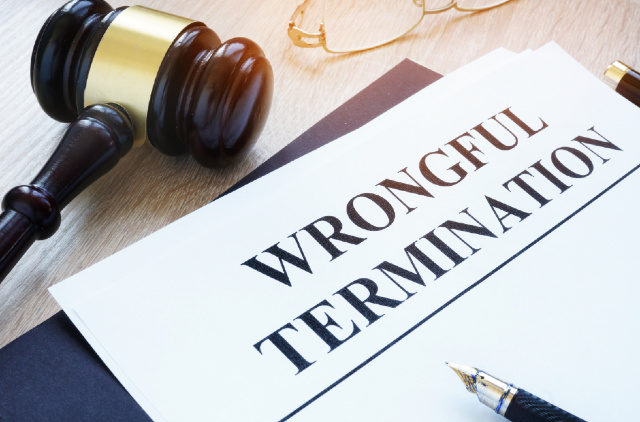Dealing with job loss is a challenge that anyone can struggle with no matter what position one may have been in or what type of circumstances led up to the termination.
Whether you were a senior executive or regular employee, experiencing a sudden loss of income can prove troublesome. If your employer lacked sufficient cause and your termination wasn’t justified, your immediate response and actions are of critical importance.
This brings us to one specific topic: Proving that your past employer wrongfully terminated you.
Why It Matters to Know Whether or Not You Were Wrongfully Terminated
Given that Alberta businesses are urged to protect their employees amid the effects of the pandemic, the experience of being unjustly terminated is difficult to deal with.
As you scramble to find another way to make ends meet, you may realize that all signs show that you were wrongfully terminated. In recent months, thousands of Canadian employees have experienced the same predicament that has put them in a precarious situation.
Out of all the different things you can do during this difficult time, determining whether you were wrongfully terminated should be the first on your list. The reason for this, is that having your employment terminated by an employer without either “notice” or what is called “cause”, is against the law in Alberta. If an employer has broken the law with respect to terminating you as an employee, then you are entitled to damages in the amount of “notice” that your employer ought to have given you when they terminated your employment.
Several Precautions That You Need to Take
Once you’ve gone over the facts and properly established that your former employer wrongfully terminated you, you’ll need to prove it. To help ensure that you don’t experience any fumbles along the way and present a strong case in court, here are two valuable pointers that can help:
1) Gather and Hold Records of Work Performance Documents
Often, former employees that file claims for their wrongful termination are met with one specific defence from their past employer: “They weren’t performing as well as expected.”
If this statement is said against you, it is best to note that it can be properly and objectively refuted with the use of work performance documentation. By taking the time to keep such records and have them all in one file, you’ll be able to ensure that any misrepresentations about why you were fired are rebutted with evidence.
Here are some of the most critical work performance documents that will significantly contribute to your case:
- records of clock-ins and work attendance;
- work performance reviews;
- written warnings and incidents of misconduct (if applicable);
- records of paid and unpaid leaves of absence; and
- emails and conversations with your past employer about your performance or attendance.
2) Read Through Your Employment Contract (If One Exists)
When it comes to properly determining and proving that your past employer wrongfully terminated you, keep in mind that your employment contract (if one exists) will be a major factor in your case. If an employment contract exists, its terms will become a good means through which you can analyze your past employer’s actions. If your former boss makes a certain claim as to why you were terminated, you’re first point of analysis should be your employment contract to see if there are any terms covering the employer’s claim.
If you were formerly an employee without a written employment contract, certain terms will still be implied into your relationship with your former employer, often called “common law” terms. The common law will provide a remedy to an employee without an employment contract who was wrongfully terminated, however, determining the exact remedy can be complex, and it is best to seek the advice of a lawyer if the common law applies to your situation.
Conclusion
Although dealing with a sudden termination from your place of work is difficult, it’s essential to stand up for yourself if the termination was wrongful. This is why you must review your contract and its terms. Keeping this guide in mind will allow you to build your best claim against your former employer and increase your chances of settling out of court or receiving the damages to which you may be entitled.
Prowse Barrette LLP is a business litigation law firm in Edmonton, AB, with employment lawyers who provide the highest quality legal services. Get in touch with us today to learn more about how we can help!

